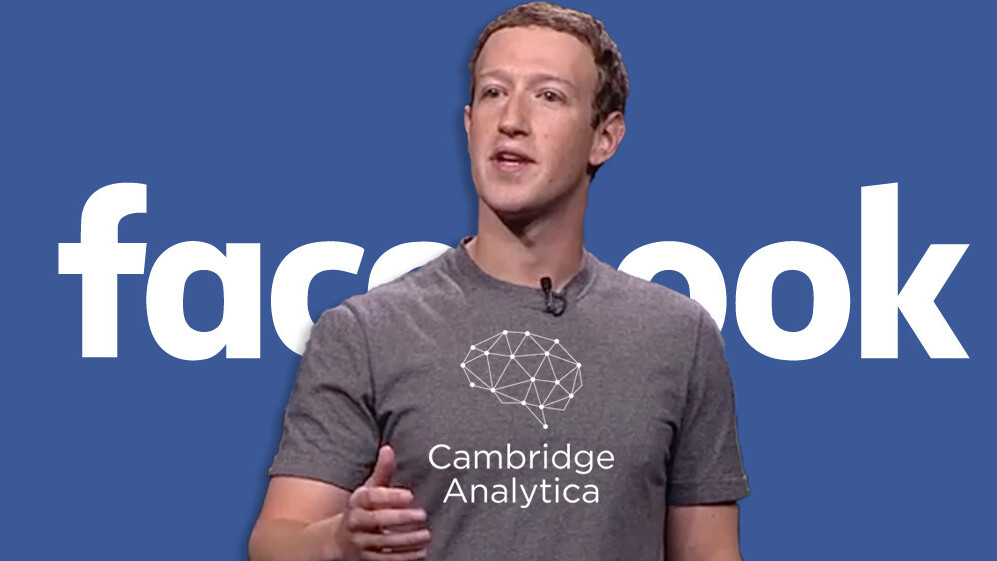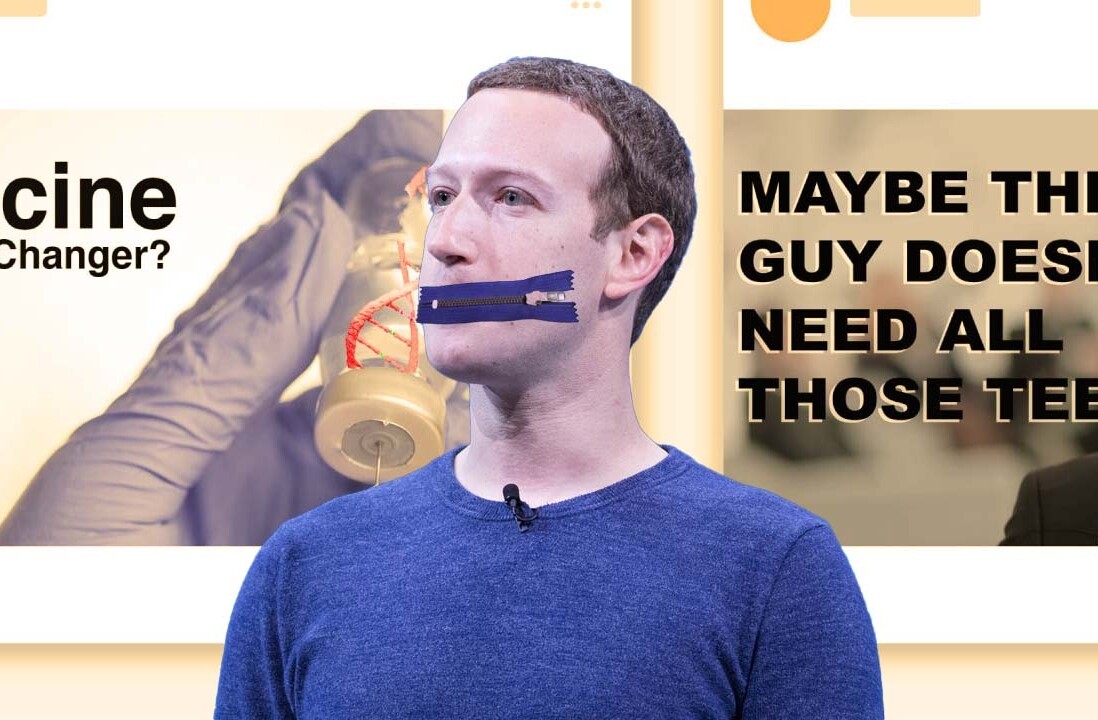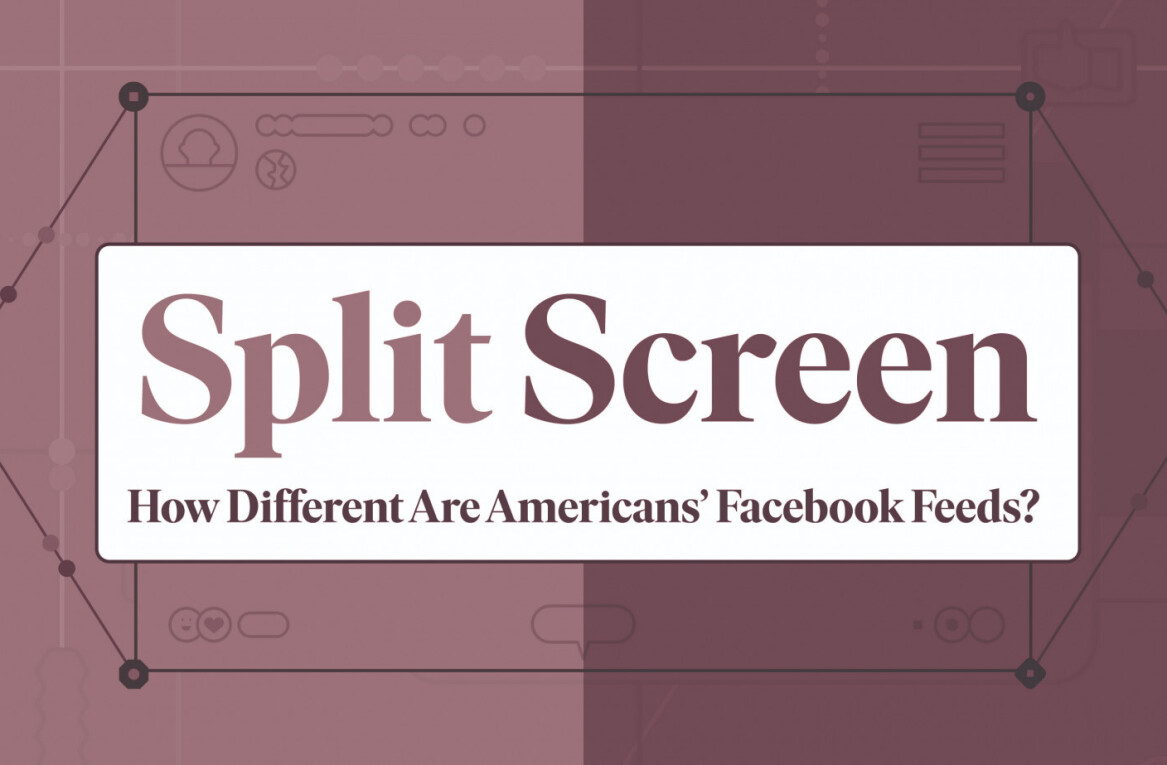
Strategic Communications Laboratories (SCL) and its data analytics firm, Cambridge Analytica have both been suspended from Facebook after each “gained access to information” without the consent of certain individuals. And if the latter name sounds familiar, it should; but we’ll get to that in a moment.
The story is a complicated one. At its surface it seems like a simple suspension, but the implications here are huge — extending all the way up the executive branch to the President. Due to the timing of the piece, and the complex nature of the subject matter, we felt it best to break down the story into digestible bits, a sort of cheat sheet detailing what’s important, and why you should care.
What is Cambridge Analytica?
Cambridge Analytica is a data analysis firm. The company was — depending on what you read — either integral to the Brexit leave campaign and Donald Trump’s surprise presidential victory, or selling snake oil that both parties (and others) willfully swallowed.
The company isn’t at all dissimilar from other data analysis firms in that its essential function is turning raw sets of data into segmented groups that provide actionable insight for advertisers, or in this case, political parties. These audience segmentation tools allowed Trump, in his 2016 campaign, to target undecided voters and likely republicans in areas of interest, like Wisconsin, Michigan, and Pennsylvania.
In 2013, Robert Mercer — a prominent conservative donor — partnered with a British firm called SCL Group to test the company’s analytic insights and methodology in a Virginia gubernatorial race. The candidate, Republican Ken Cuccinelli, lost. Mercer moved forward, partnering with SCL’s elections director Alex Nix to create Cambridge Analytica — a company that would use SCL’s dataset and insights gleaned from the Virginia test run to provide data-driven insight to future political campaigns.
And it worked. The first major victory for the duo happened in June 2016, when the United Kingdom voted, perhaps surprisingly, to leave the European Union.
Just a few months later, Cambridge Analytica collected another major feather in its hat when it propelled Donald Trump into the White House, mostly on the backs of smart usage of social media data, the majority of which was collected from Facebook.
Facebook advertisers use similar insights to craft campaigns reaching anyone from single moms to Hispanic homeowners. None of this is a big deal, if it weren’t for how the company collected the data.
What happened?
In 2014, Facebook started pitching political campaigns on its power to connect candidates with constituents, a place where voter data overlapped with real world insights and allowed potential lawmakers to connect with voters on a personal level. And the data was mostly harmless: who’s registered to vote, where they live, and some idea of political leaning.
Cambridge Analytica took it to a whole new level. In 2015, a psychology professor at the University of Cambridge, Dr. Aleksandr Kogan, requested user data from Facebook, reportedly under the guise of a “research app used by psychologists” called “thisisyourdigitallife.”
The app was remarkably unremarkable, the type of trash you find on that third hour browsing Facebook after convincing yourself you’d get up to do the laundry in just ten more minutes.
Or, it appeared to be unremarkable at least.
The app was downloaded by 270,000 Facebook users, each of which consented to allow Kogan’s app access to personal information provided by users on Facebook. Among other things, this included content they’d liked, the city they live in, and the same information about their friends. By downloading the app, users weren’t only consenting to give up their personal details, but that of each unwitting connection on their friends’ list (privacy settings permitting).
Worse, in building the application, Kogan assured Facebook that the data would be anonymized, and only used for research purposes. Not only did this prove to be untrue, Kogan shared the dataset with at least one third party, Christopher Wylie of Euonia Technologies. The pair then used the information to build out SCL and Cambridge Analytica’s voter profiles. And they did it all under the guise of a company, Global Science Research, that assured Facebook that the data would be anonymized, and only used for research purposes.
To reach the required number of users, Cambridge Analytica took it a step further, hiring workers on Amazon Mechanical Turk — a platform allowing gig workers to complete small online tasks for a few dollars — to complete an online survey. The Intercept, in its investigation last year, talked about how this system worked for both Cambridge Analytica, and Amazon’s ‘turkers’:
The task posted by ‘Global Science Research’ appeared ordinary, at least on the surface. The company offered turkers $1 or $2 to complete an online survey. But there were a couple of additional requirements as well. First, Global Science Research was only interested in American turkers. Second, the turkers had to download a Facebook app before they could collect payment. Global Science Research said the app would ‘download some information about you and your network … basic demographics and likes of categories, places, famous people, etc. from you and your friends.’
Essentially, the Cambridge Analytica crew tricked turkers into a downloading a tool on Facebook that exposed both the worker, and their friends in exchange for $1 or $2 to complete an online survey. This was a windfall moment, exposing over 50 million Facebook users, according to The New York Times.
What does the collected data look like
We’re not entirely sure, but we do have a clue.
A professor at New York’s New School named David Carrol realized that Cambridge Analytica’s link with the British company, SCL, could allow him to snoop on the collected data by making use of the UK’s data-access laws. Essentially, citizens of the UK have the right to view any data collected on them by online companies, including Facebook.
In March of last year, Carrol got a response.
7/ Here is CA/SCL voter issue profile/propensity model on me. I’d rank this somewhat differently but feels roughly accurate. Could be worse. pic.twitter.com/n4x3IRQrL8
— David Carroll ? (@profcarroll) March 27, 2017
It’s unclear how Cambridge Analytica used the Facebook data to build these profiles, as these categories aren’t made available to advertisers or app developers. Our best guess is that Cambridge Analytica used known data points — age, location, political leanings, liked Pages and posts, etc. — to cross-match its incomplete data with known data of those who took its political survey, and others. But again, this is strictly speculation.
The important part to note though, is that once Kogan’s team developed the profile, the underlying data was unnecessary. As The Washington Post put it, “it is as though you sneaked a peek at the secret recipe for Kentucky Fried Chicken and then developed your own recipe based on it.”
This is important, and we’ll get into why in the next section.
What is FB doing about it?
Not much. In fact, its executives appear to be in hiding. No one has been able to reach Mark Zuckerberg or Sheryl Sandberg, and their whereabouts at this time are unknown. On a personnel note, we do know that at least one Facebook executive, Chief Security Officer Alex Stamos, plans to leave the company in August over the way executives are handling the scandal.
It’s worth noting that Facebook first learned of the violation in 2015, adopting a head-in-the-sand approach until last Friday in dealing with the perpetrators. And even then, the release mentions a suspension, not a permanent ban for any of the parties involved.
The company did suspend both Cambridge Analytica and SCL. No word on further suspensions for key players, like Mercer, Nix, Kogan, or Wylie. Facebook also demanded Cambridge Analytica and SCL delete the data it gathered, but as we mentioned above, once you know the 11 herbs and spices, there’s no further need for the underlying recipe. And both companies, like it or not, have what they need at this point to run campaigns for years to come.
Other than that, there’s this heavily sanitized version of events on its corporate blog.
How does Trump fit into all this?
This is the billion dollar question, but again, it’s unclear.
The Trump campaign invested heavily on Facebook, especially in the last few months leading to the election. All of its campaign advertising on the platform was led by Cambridge Analytica data. According to a report in Bloomberg:
[Trump’s digital campaign lead] was building his own list of Trump supporters, beyond the RNC’s reach. Cambridge Analytica’s statistical models isolated likely supporters whom Parscale bombarded with ads on Facebook, while the campaign bought up email lists from the likes of Gingrich and Tea Party groups to prospect for others.
As best as we can tell, the strong Facebook push helped Trump to win key states like Wisconsin, which ultimately won him the election. That said, it’s unclear how much of this can be attributed to Cambridge Analytica. We can say, with complete confidence, that it certainly didn’t hurt.
There are some interesting, if loose connections to Russia though.
First there’s Lukoil, which contracted SCL in 2014 and 2015, stating the company “was interested in how data was used to target American voters,” according to two company insiders in a New York Times report.
Then there’s Michael Flynn, Trump’s then campaign manager who was ultimately ousted for lying about Russian connections was contracted by SCL shortly before the end of the 2016 campaign. According to the Associated Press, however, it doesn’t appear that he actually did anything during his time there. This only worth bringing up because of Cambridge Analytica’s loose ties to Russia, and Flynn’s firing as national security advisor for lying about conversations with Russian ambassadory Sergey Kslyak.
And last, but certainly not least, there’s Kogan himself, the mastermind behind the great Facebook data heist. Kogan had previously received a grant from the Russian government to research social media. Again, though, this doesn’t mean Kogan was complicit in any crimes or conspiracies involving the Kremlin and the 2016 election.
Kogan himself had this to say in a comment to The Guardian: “Nothing I did on the Russian project was at all related to Cambridge Analytica in any way.”
Get the TNW newsletter
Get the most important tech news in your inbox each week.





